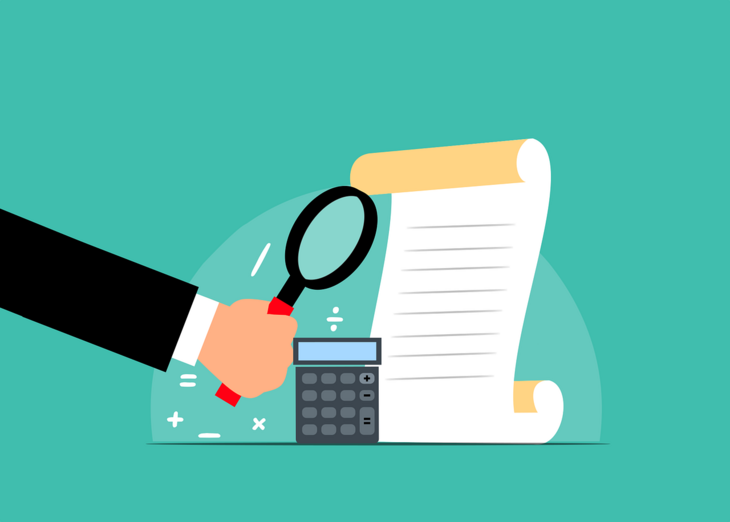
How to Avoid a Tax Audit
Navigating the complexities of tax season involves more than just filing your returns; it also means doing so in a way that minimizes your risk of a tax audit. While the Canada Revenue Agency (CRA) primarily oversees these audits, it's worth noting that their attention had been diverted towards managing COVID-related activities over the last three years. However, with those days behind us, the CRA is once again turning its focus towards regular auditing activities. Understanding the mechanisms behind CRA audits and the common triggers can help you avoid unwanted scrutiny. Here's a breakdown of how audits are selected and what you can do to avoid being audited.
CRA Audit Selection Mechanisms
The CRA utilizes several criteria to select individuals and businesses for audits:
Random Selection: Your tax return could be chosen at random for an audit.
Risk Assessment - CRA chooses a file for audit based on various risk factors, this included likelihood or frequency of errors in tax files, and indicators for non-compliance with tax obligations.
Tax History: If your tax history contains irregularities or discrepancies, it may trigger an audit.
High deductions claimed: Some items are scrutinized more closely than others
Audit Triggers to Watch Out For
Several red flags could increase your chances of being audited:
Personal and Business Deductions: Claiming high credits or deductions, such as childcare, tuition, medical expenses, donations, motor vehicle, and home office expenses, can attract CRA’s attention.
Home Office Deduction Overreach: Claiming expenses for the entire house instead of just one room used as a home office is a common mistake.
Automobile write-offs (Vehicle Expenses) : Writing off 100% of your vehicle for business use is often questioned.
High HST Refunds: Claiming unusually high HST refunds can raise eyebrows.
CPP Refund Requests: Asking for a CPP refund might lead to a discrepancy notice.
Unreasonable Expenses: This includes high amount of salary which seems unreasonable compared to work done by family members, or high amount of meals expenses, other expenses that don’t align with your income.
Missing T Slips: The CRA’s matching program will catch missing slips, leading to penalties.
Repeat Losses: Consistently reporting losses can signal to the CRA that further investigation is needed.
High Donation Amounts: Large charitable donations relative to income level can be a trigger.
Rental Properties: Properties that always report losses are a red flag for CRA.
Strategies to Avoid an Audit
While it's impossible to guarantee that you won't be audited, there are several steps you can take to minimize the risk:
- Maintain Accurate Records: Good recordkeeping is your first line of defense against an audit.
- Understand Allowable Deductions: Knowing what you can and cannot claim helps prevent errors.
- Be aware of the limits for business expenses and capital asset additions.
- File Timely Returns: Late filings or not filing certain returns can trigger an audit.
- Amend Returns When Necessary: If you've made an error, correcting it promptly can prevent future issues.
- Report House Sales: If you have sold real estate property even principal residence, remember to report it even no taxes are payable.
- Avoid Continuous Loss Claims: Repeatedly reporting losses raises questions about the viability of your business or investment.
Seek Professional Help:
When in doubt, consulting with a tax professional can provide guidance and peace of mind.
The key to avoiding a tax audit lies in diligence, accuracy, and a proactive approach to your tax filings. By understanding the triggers and implementing best practices for your tax returns, you can significantly reduce the likelihood of facing an audit.